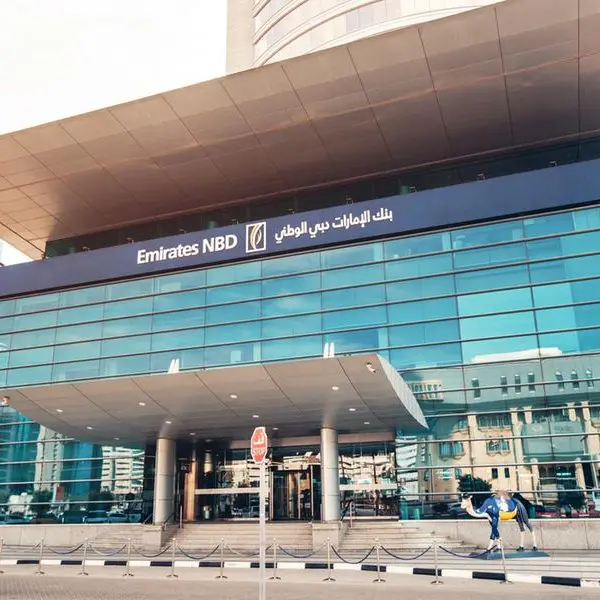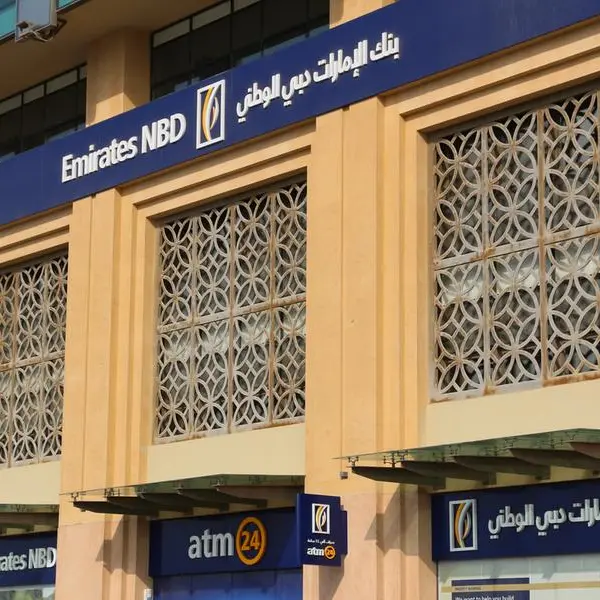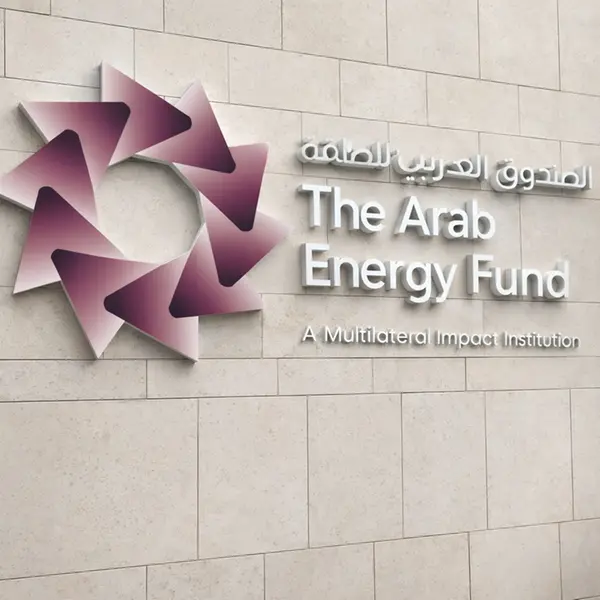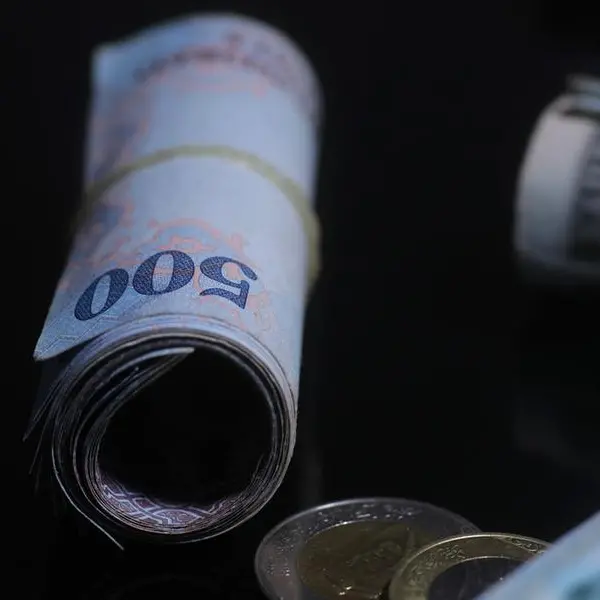PHOTO
The National Insurance Commission (NAICOM) says that Islamic finance offers a unique perspective rooted in ethical principles and social responsibility, and its operations close the void created by the conventional financial system.
It added that the need for innovative solutions is paramount as countries continue to navigate an era marked by economic volatility, environmental challenges and social upheavals.
Commissioner for Insurance and CEO of NAICOM, Mr. Olusegun Ayo Omosehin stated this at the 2nd edition of the African Takaful and Non-Interest (Islamic) Finance Conference themed, “Islamic Finance and Takaful; Building Resilience in a Volatile World” in Lagos.
Mr. Omosehin, who was represented by the Deputy Commissioner (Technical), Dr. Usman Jankara, said that while conventional financial systems often fall short in addressing the multifaceted risks faced by individuals and communities, Islamic finance offers a unique perspective rooted in ethical principles and social responsibility.
He stated that Islamic finance is not merely a set of financial products but a comprehensive system promoting fairness, transparency, and risk-sharing.
The NAICOM boss stressed that at its core, it encourages investors to consider the social, ethical, and environmental implications of their financial decisions and this holistic approach is particularly relevant today, where the consequences of financing extend beyond mere profit and loss.
Mr. Omosehin said, “Driven by increasing demand for Shariah-compliant financial services, Islamic finance in Nigeria is growing rapidly. The sector accounts for approximately 2-3 percent of Nigeria’s total financial market, valued at $3.8 billion. Sukuk dominates the market at 59.3 percent, followed by non-interest banks at 39.8 percent, and Islamic funds and Takaful at 0.9 percent.
“The Islamic financial industry comprises four non-interest finance banks, five Takaful companies, 15 microfinance institutions, and 10 non-bank financial institutions. Central to Islamic finance is the concept of Takaful, or Islamic insurance. Unlike conventional insurance, this often involves risk transfer and interest.
“Takaful is a Shariah-compliant form of insurance based on cooperation and shared responsibility. Participants contribute to a common fund, which is used to support those in need, fostering a sense of community and solidarity. In a world where climate change, health crises, and economic instability threaten our livelihoods, Takaful offers a resilient framework that provides not only financial protection but also a safety net that empowers individuals and communities to recover from adversities,” He stated.
According to Omosehin, by promoting risk-sharing and collective responsibility, Takaful helps mitigate the impact of unforeseen events, enabling families and businesses to bounce back more effectively.
He noted that the principles of Islamic finance and Takaful are pertinent in enhancing resilience through risk mitigation, social justice, and sustainable development.
The Commissioner for Insurance reemphasized three key ways they contribute to the sector as, as part of Risk Mitigation that encourages diversification and ethical investment, reducing exposure to high-risk ventures.
“Takaful, specifically, spreads risks among participants, making it easier for individuals to access necessary financial support during crises. Social Justice: The emphasis on fairness and equity in Islamic finance ensures that even the most vulnerable members of society are protected.
“Takaful promotes inclusivity, allowing individuals from various socioeconomic backgrounds to participate in risk-sharing, thereby fostering social cohesion.”
Copyright © 2022 Nigerian Tribune Provided by SyndiGate Media Inc. (Syndigate.info).





















